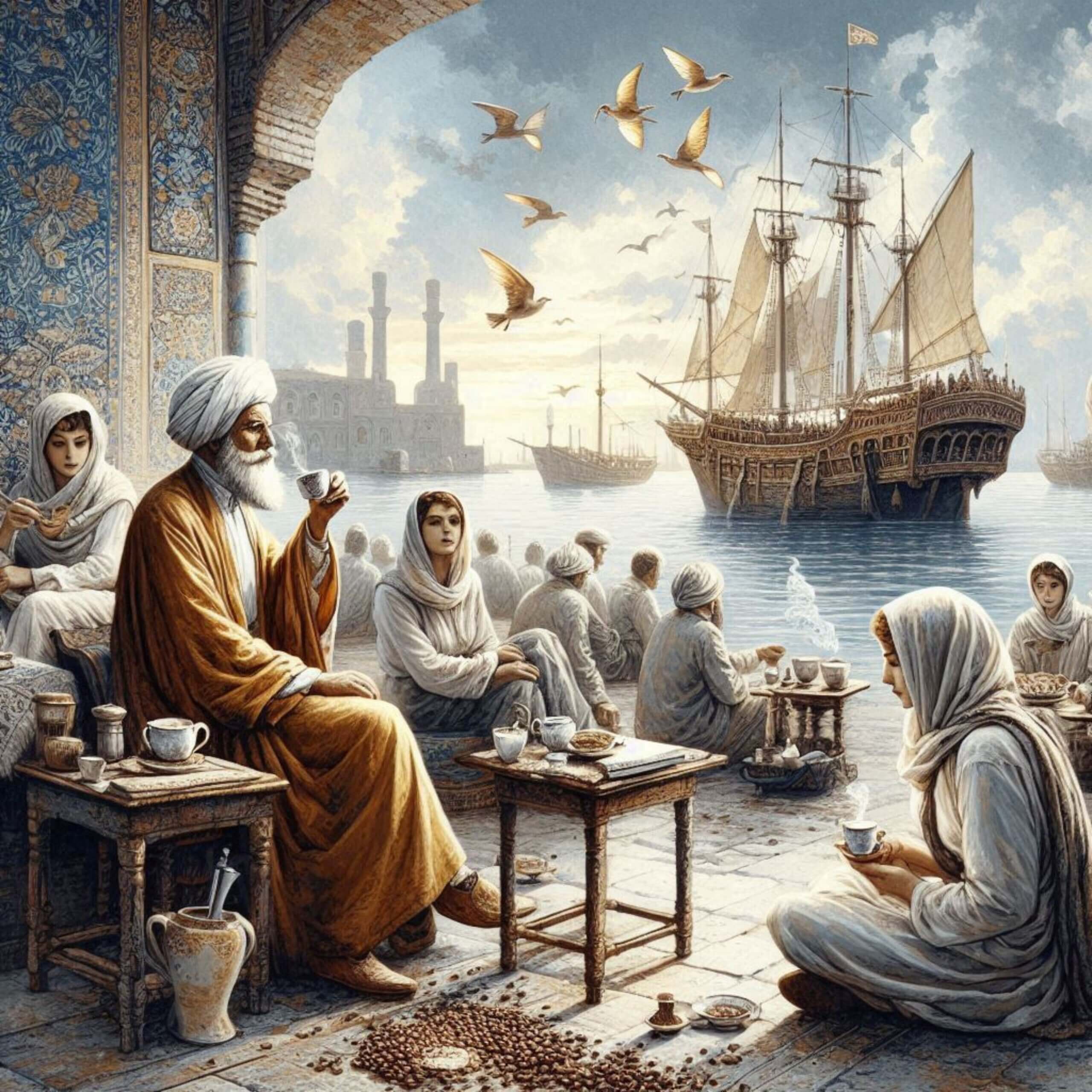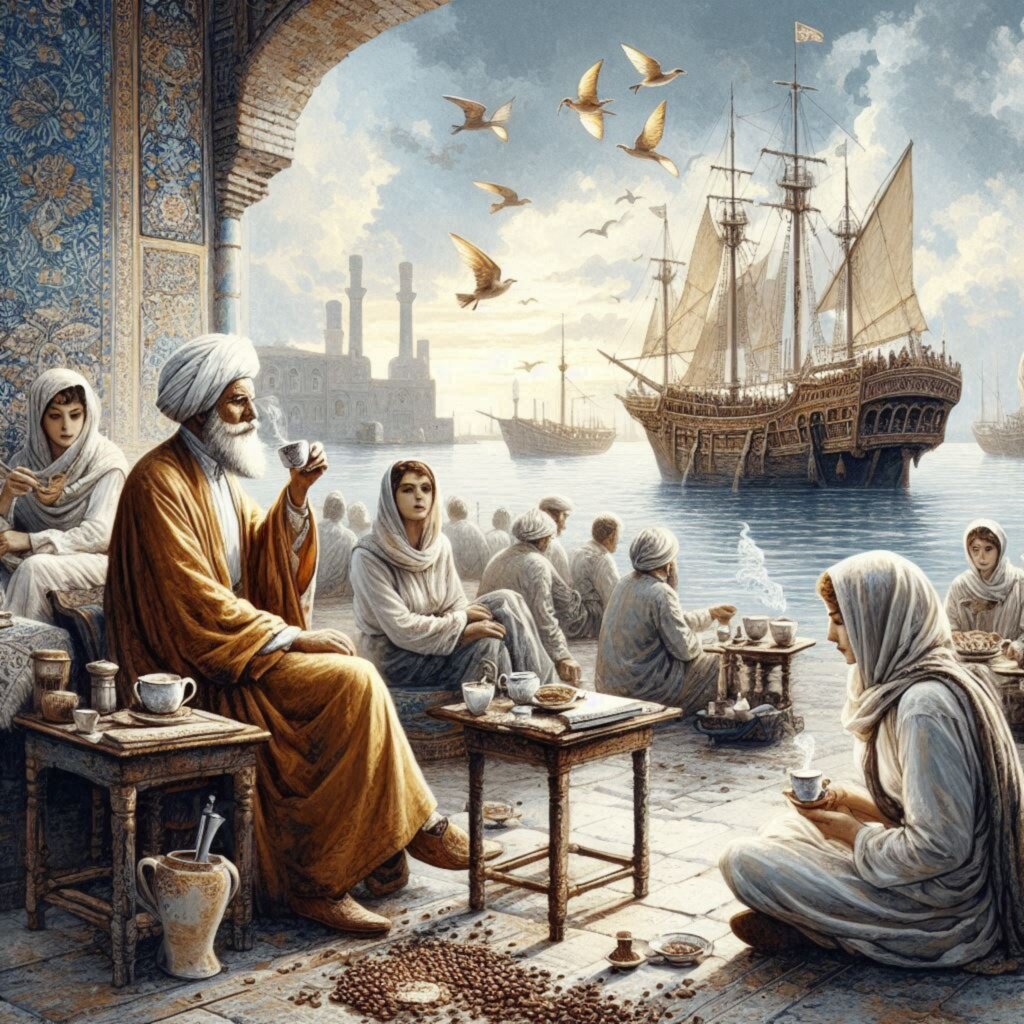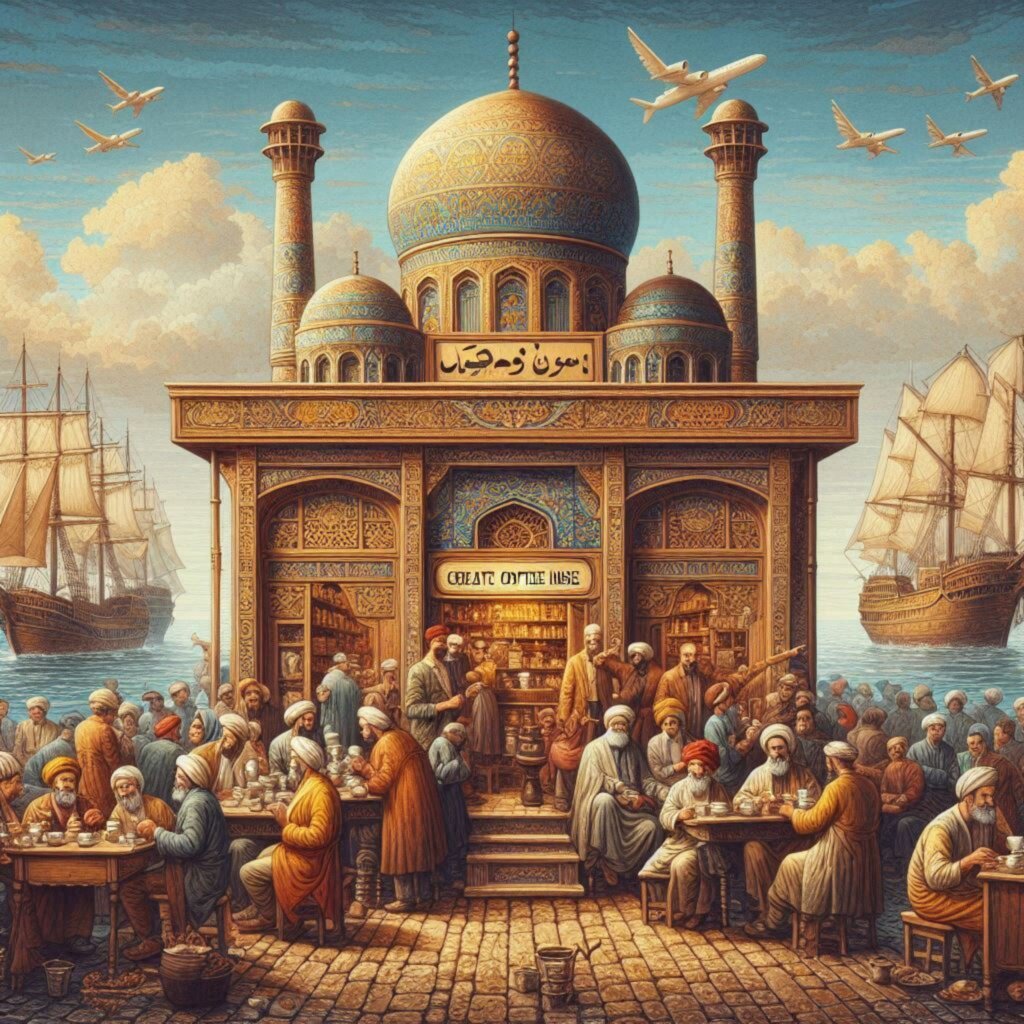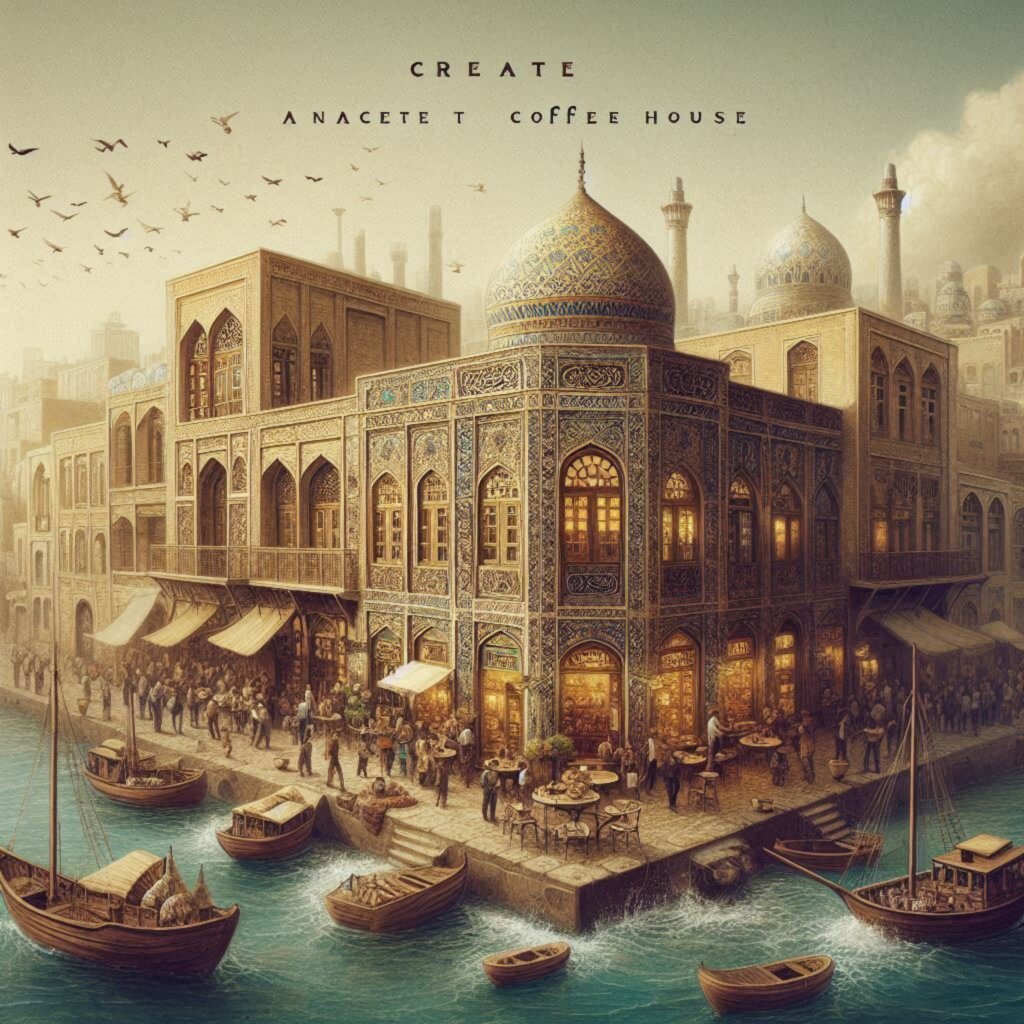HOTCAFEPLUS Coffee Vending Machines Provider UAE


History Of Coffee
Coffee’s journey into commercialization began in the 15th century in the Arab world, particularly in the region of Yemen on the Arabian Peninsula. Legend has it that a Yemeni Sufi mystic named Sheikh Omar discovered the energizing effects of coffee after consuming berries from the Coffea plant and shared his findings with the local community. Soon, the cultivation of coffee trees and the preparation of coffee beverages spread throughout the Arabian Peninsula, becoming an integral part of Islamic culture and social gatherings.

Founder OF Coffee: Sufi Sheikh Omar
The Rise Of Qahveh Khaneh (Coffee Houses)
By the 16th century, coffee had made its way to the bustling port city of Mocha (modern-day Al-Makha) in Yemen, where it became a coveted commodity among traders and merchants. Coffee houses, known as qahveh khaneh, began to spring up in cities across the Middle East, serving as vibrant hubs for intellectual discourse, social interaction, and cultural exchange.


-
HOTCAFEPLUS 06 Selections
د.إ4,000.00د.إ3,400.00Rated 0 out of 5 -
HOTCAFEPLUS 12 Selections
د.إ7,200.00د.إ6,500.00Rated 0 out of 5 -
HOTCAFEPLUS 10 Selections
د.إ5,400.00د.إ4,500.00Rated 0 out of 5 -
HOTCAFEPLUS 04 Selections
د.إ2,500.00د.إ1,999.00Rated 0 out of 5 -
HOTCAFEPLUS 03 Selections
د.إ3,000.00د.إ1,000.00Rated 0 out of 5 -
HOTCAFEPLUS 02 Selections
د.إ2,999.00د.إ2,500.00Rated 0 out of 5
The popularity of coffee continued to spread across the Muslim world and into Persia, Turkey, and North Africa. In the early 17th century, coffee reached the shores of Europe, first appearing in Venice, Italy, and later spreading to other European cities such as Paris, London, and Amsterdam.
Coffeehouses quickly became popular gathering places in European cities, attracting scholars, artists, merchants, and intellectuals. These establishments played a significant role in shaping the intellectual and cultural landscape of Europe during the Age of Enlightenment, providing a space for lively debate, the exchange of ideas, and the birth of new literary and philosophical movements.
As demand for coffee grew, so did the need for its cultivation. European colonial powers, particularly the Dutch and the French, established coffee plantations in their overseas colonies, most notably in regions of present-day Indonesia, the Caribbean, and South America. The introduction of coffee cultivation to the New World, particularly in countries like Brazil, Colombia, and Haiti, would revolutionize the global coffee industry and contribute to the proliferation of coffee as a commodity crop.
Today, coffee is one of the most widely consumed beverages in the world, with an estimated 2.25 billion cups consumed every day. Its rich and storied history, from its humble origins in the highlands of Ethiopia to its global spread and cultural significance, continues to fascinate and captivate coffee lovers around the world.






